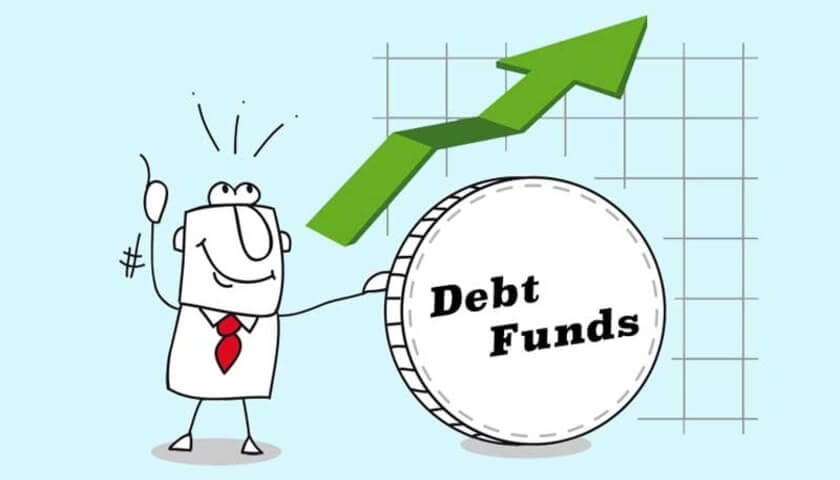Debt accumulates, whether it’s to settle medical bills, finance a new car, or pay for school tuition fees. It can quickly result in high-interest rates and challenging monthly payments on credit cards and loans. Although this is more often than not unavoidable, it is ultimately up to you to decide how you take charge of your debt.
Debt consolidation is a popular method for controlling payments and balances on existing bills. You can easily get out of debt with the help of this method, which is generally used to integrate and pay off several large debts into a single payment. While you might be aware of some of the benefits this process can provide, there are many more that you may be unaware of.
Table of Contents
1. Helps to simplify your payment transactions
By consolidating several unpaid debts into a single loan, you can pay off your debt easier because there are fewer payments and interest rates to be concerned about. As a result, there are considerably fewer instances of missed or delayed payments.
Consolidating all of your credit card debt or outstanding balances into one payment may instantly give you a sense of relief. Your loans will not suddenly disappear or be reduced and will still be there. At least you can concentrate on just one debt transaction because there are no longer different payment due dates and sources.
2. It can provide you with a lower interest rate
Outstanding bills, like credit card fees and personal loans, can cost you a high rate of interest, which can substantially cause the debt you have to pay monthly to skyrocket. Long-term interest costs are reduced when various debts are consolidated into one, particularly if a low-interest debt consolidation loan is available.
By combining your debts, you can lower your overall interest rate if you have increased your credit rating. Having a low-interest rate can lead to reduced costs throughout the loan period. You can easily apply for a tailored debt consolidation loan to ensure you get the best possible rate.
3. May reduce monthly fees
Since outstanding debts are dispersed over a renewed and, possibly, expanded term of the loan, debt consolidation is apt to result in a generally lower monthly bill. If you qualify or meet their eligibility criteria, you can apply for a flexible debt consolidation loan with a lower interest rate and fewer fees. You can save money by using loans for debt consolidation that don’t have recurring fees.
However, when calculating your overall debt, you must factor in any early repayment penalties associated with your current loans. Remember that your monthly payment will vary depending on the loan term. A more extended loan term may result in lower repayment amounts, whereas a shorter loan will result in higher repayment amounts, but you can settle your loans sooner.
4. Enhance your credit rating
By lowering the likelihood that you will make a delayed payment or fail to make one at all, consolidation can help boost your credit score. It is much simpler to track and take control of your progress and bills when you make one payment. Also, you lower the chances of missing a payment deadline and potentially damaging your credit record.
You can gradually raise your credit score by consistently making on-time payments and, eventually, repaying the loan. Therefore, the likelihood of you obtaining a loan in the future may be higher.
5. Enables you to pay off your debts more quickly
Needing more years before becoming free from your debt caused by credit card bills is common. Besides, it doesn’t matter if it takes you years to pay off the loan for credit card companies or lenders since they are receiving interest on the money you borrowed.
One advantage of consolidating your debts is that this process would consider your overall debt, earnings, and credit rating when determining the loan’s term. This helps you construct a manageable repayment schedule. As a result, you can pay your debt faster and more comfortably.
6. Improves ability to refinance or obtain a new mortgage
In most cases, if you want to refinance your house or get a new mortgage, having a debt consolidation loan won’t hinder your possibility of doing so. Your chances of being approved could even increase.
When determining your mortgage eligibility, mortgage lenders consider your debt-to-income ratio or DTI. If you consolidate your debt, it may be possible for you to pay less each month, which would be a benefit to your DTI ratio. As a result, you can quickly lower your DTI ratio because there is a lower chance that you will be delayed with or miss a payment.
7. Assists you in your efforts to achieve financial stability
The pressure will significantly decrease if you combine your loans into only one controllable payment. It will also help resolve the confusion that numerous transactions give you. Your mind will be freed up, and your economic situation will improve if you take charge of your financial affairs and enable yourself to make just one month-to-month debt payment.
Final Thoughts
Anyone can get into debt, and it is common to feel stressed and pressured to make ends meet. To avoid financial difficulties, it is necessary to act now and take control of your finances. A great strategy for getting out of debt is debt consolidation.
Applying for debt consolidation may be a great idea whether you’re managing numerous credit cards or increased loans. The help of a professional is required for this systematic process. Before you apply, inquire about the terms of your existing credit lender’s billing strategy or guidelines.
For more technology tips, make sure to check out the rest of our blog today!

